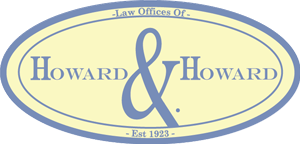When you are arrested, especially if the alleged crime is a high-profile crime, the police go on a media blitzkrieg. Virginia police give interviews, have press conferences and send out press releases. Even a common arrest that does not make the headlines can end up on a police blotter and the police department’s social media for all to see.
This may push some to wonder whether they should be reaching out to the media to give their side of the case too.
The news media are not your friend
The first thing to realize is that the news media are not your friends. They do not necessarily care about presenting a balanced view, helping your case or helping you.
In today’s media landscape, they are interested in ratings, views and clicks. This means that often, the media will twist your words, take them out of context and paint you to look guilty or dishonest, regardless of the truth or the evidence. Plus, they could pressure you into incriminating yourself or harming your defense.
No procedural safeguards
The media are not bound by procedural safeguards, like the rules of evidence or court procedures. They can report on just about whatever they like, including hearsay, speculation, rumors, unverified information, etc. All of this could influence the public, your potential jury pool, against you and harm your reputation, even if you are later acquitted. They could even publish attorney-client protected communications that could obliterate that privilege.
Giving away information and your defense
Talking with the media could hurt your case because it could give the prosecution information it does not otherwise have access to, including your defense. For example, if they were still looking for a motive, and you inadvertently give a possible motive in an interview, you have helped the prosecution build their case.
Could become impeachment evidence
Media interviews could also contradict or undermine your statements to the police or in court, even if unintentional. Remember, human memory is not computer memory, and you may remember something differently later. For example, if you claim self-defense in an interview, but told the police that you were not there, you created a discrepancy. This can be used to challenge your credibility, honesty and impeach your testimony in court.
Without first consulting with your attorney, you should not contact the media when you face criminal prosecution.

